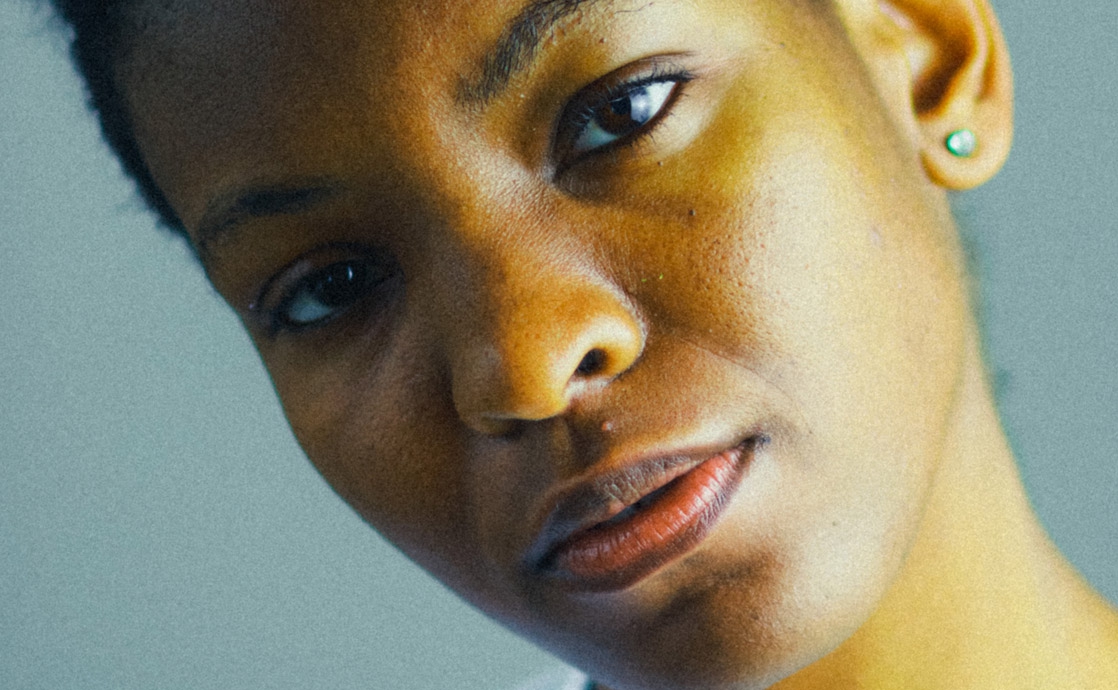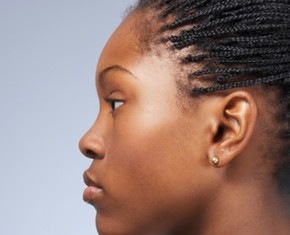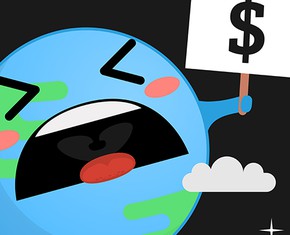The views expressed in our content reflect individual perspectives and do not represent the authoritative views of the Baha'i Faith.
Recently a dear friend of mine, who happens to be African American, told me a disturbing story. While attending a religious celebration featuring several youths in a public performance centered on unity, she was surprised to see so few black children represented among the group. When she shared her concerns with one of the organizers, a distinguished man in his mid-40s, he responded jokingly, “Don’t worry, we can always go to DFCS to get more.” DCFS is the acronym for the Department of Family and Children’s Services.
In retelling the story, my friend described how stunned she was to hear a blatantly racist remark uttered with such cruel vulgarity within the context of a faith-based event. As I carefully listened to her, I identified another familiar sentiment commingled with her shock and disappointment: pain.
Her story reminded me of my own encounters with casual expressions of racial insensitivity. The people who I interact with in these moments often express apathetic indifference. Their indifference reflects either a profound ignorance of how language can be weaponized — especially when carelessness intersects with one’s unacknowledged prejudice or a lack of understanding of how those who occupy privileged spaces often make judgemental statements about the character of communities and individuals impacted by injustice.
Examples of these include: “You should just fly over racism.” “You are so articulate.” “Racism is sometimes an excuse.” “This group came to America and did just fine. What’s wrong with the Black community?” “Why are you always complaining about racism?” “If you people would just work harder, you could do as well as I have done.” “You seem angry.” “Why are you being so sensitive?”
RELATED: Learning New Ways to Talk About Racism
Taken individually, such phrases may initially be disturbing, but the impact may be minimal. However, a lifetime of being on the receiving end of recurring racial slights — an experience familiar to many in the Black community — can form an aggregate of psychological trauma that can have adverse effects on mental and physical health.
Psychiatrist and Harvard University professor Chester M. Pierce first coined the phrase “racial microaggression” in the 1970s. Psychologists at Columbia University define “microaggression” as “brief and commonplace daily verbal, behavioral, or environmental indignities, whether intentional or unintentional, that communicate hostile, derogatory, or negative racial slights and insults toward people of color.”
According to experts, racial microaggressions show up in our day-to-day lives in three different ways: microassaults, microinsults, and microinvalidations.
Microassaults are defined as“conscious, deliberate, and explicit racist attacks — both verbal and nonverbal” that are meant to hurt someone. They include “name-calling, using racial slurs, avoiding and/or discouraging interracial interactions and displaying a swastika.”
Microinsults are “often unconscious and much more subtle,” but they still seek to degrade someone “through racial slights or comments that seem innocuous but are insulting to a person of color.” These include a person of color being mistaken for a service worker, or a woman clutching her purse when walking past a person of color, with the message being, ‘You are a criminal.’”
Microinvalidations are comments and actions that “exclude and invalidate people’s thoughts, feelings, or experiences in life. For instance, asking an Asian American where they are really from implies that they are not from the United States and are therefore a foreigner.”
Multiple studies have found that repeated exposure to racism and discrimination in the form of microaggressions contributes “to poor health among minorities and people of color, resulting in increased rates of depression, prolonged stress and trauma, anxiety, even heart disease and type 2 diabetes.”
This is clinical evidence of the toxic capacity of a tongue laced with the poison of bigotry — either conscious or unconscious — to cause lasting harm. Those among us who have been privileged to live outside of that experience must be mindful not to diminish, dismiss, or deny a reality they know little if nothing about.
RELATED: Anti-Racism Is Not a Book List. It’s a Way of Life
The Universal House of Justice, the supreme governing body of the Baha’i world community, encourages us to assume a “humble posture of learning” in our efforts to overcome the legacy of racism. At the heart of this approach is a sincere curiosity about others’ experiences and a heightened ability to listen and bear witness to those realities. This approach acts as an internal check against the subtle temptations of cultural arrogance and facilitates community building through meaningful relationships predicated on mutual trust and empathy.
When I shared the story in the opening paragraph with a dear friend, the immediate reply was “that is just silly,” an apt but incomplete response. For those who bear the burden of the daily slights and casual injustices that frame our reality, microaggressions are more than “just silly.” They are also “just” dehumanizing and “just” objectifying and “just” — fundamentally — unjust.
The Baha’i Faith cautions humanity to be mindful of the dual capacity of speech to either demean or uplift the soul of another. In the 19th century, Baha’u’llah, the prophet and founder of the Baha’i Faith, wrote:
Every word is endowed with a spirit, therefore the speaker or expounder should carefully deliver his words at the appropriate time and place, for the impression which each word maketh is clearly evident and perceptible. The Great Being saith: One word may be likened unto fire, another unto light, and the influence which both exert is manifest in the world. Therefore an enlightened man of wisdom should primarily speak with words as mild as milk, that the children of men may be nurtured and edified thereby and may attain the ultimate goal of human existence which is the station of true understanding and nobility.
What Baha’u’llah seems to be suggesting is that careful, intentional thought rooted in enlightenment and wisdom — with the goal being the edification of humanity — should be our primary objective in communicating with one another. In regards to race, enlightenment and wisdom imply a working understanding of how our actions and words can potentially contribute to the perpetuation of racial trauma or facilitate a process of healing.
RELATED: Why Discomfort Is a Sign of Racial Healing
To be fair, not all harm is intentional. A word or phrase can be uttered innocently without a desire to inflict pain; the impact, however, is the same. But, if we are open, such moments offer a powerful opportunity to deepen our understanding of racism’s complexity, which can sometimes manifest in unexpected and unintended ways. Embedded within the potential tragedy is the seed of hope. In another powerful statement, Baha’u’llah wrote: “Lay not on any soul a load which ye would not wish to be laid upon you, and desire not for any one the things ye would not desire for yourselves. This is My best counsel unto you, did ye but observe it.”
The phrase “death by a thousand cuts” is derived from a 10th-century Chinese torture technique and execution method called lingchi. Victims were repeatedly exposed to knife wounds meant to inflict pain but not immediately result in death. The prolonged process of suffering produced an agonizing and inhumane demise.
Today, the phrase has been reappropriated to refer to the cumulative effects of repeated microaggressions on the psychological and physical health of the victims of systemic injustice. Without intervention, the likely conclusion is far too often, a slow, painful, and premature death. But the word of God has the power to resurrect the dead.
In a talk in Paris in 1911, Abdu’l-Baha, the son of Baha’u’llah and his designated successor, said:
The sun is the life-giver to the physical bodies of all creatures upon earth; without its warmth their growth would be stunted, their development would be arrested, they would decay and die. Even so do the souls of men need the Sun of Truth to shed its rays upon their souls, to develop them, to educate and encourage them. As the sun is to the body of a man so is the Sun of Truth to his soul.
The spiritual virtues of love, empathy, humility, compassion, patience, and perseverance can suture the enduring wounds of hate and mend hearts battered by the repeated blows of injustice. Communities of loving encouragement have the power to uplift the downtrodden. Hearts purged of the poison of bigotry and hate, develop the capacity to suffuse darkened spaces with light — and tongues cleansed of the bitter rust of backbiting begin to blanket the dejected with words of life.
You May Also Like
Comments

















"Ever since preference and distinction came into play, the world has been laid to waste." - Baha'u'llah